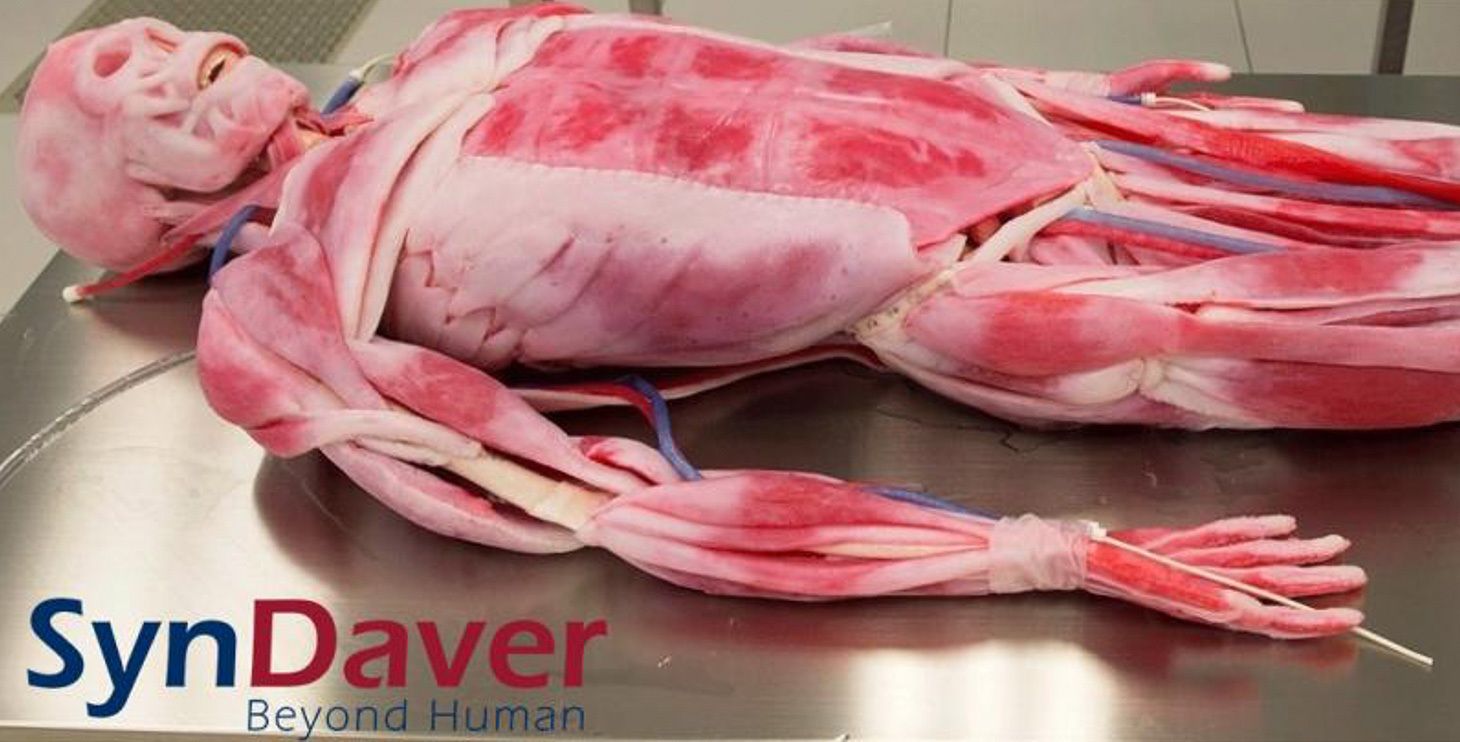The evolution of the curriculum for biology and medical education and training involves considered choices about the methods employed to meet teaching objectives. Efficient knowledge and skills acquisition, and broadening what can be achieved, require an awareness of developments in technology, educational practice and ethics. Animal experimentation and the dissection of purpose-killed animals continue to be employed in some practical classes. However, fully humane methods are widely available, and new, innovative tools combined with humane traditions are now employed in many university departments to achieve replacement and to enhance education. For medical students, humane traditions include the use of human cadavers from body donation programs, and clinical and surgical learning opportunities with human patients during the process of apprenticeship and specialisation. Humane innovations include non-animal tools such as models, video and animations; virtual laboratories for
physiology and pharmacology classes; virtual reality software and advanced synthetic cadavers, organs and tissue for hands-on clinical skills and surgery training; and scenario-based simulated clinics. Student self-experimentation is another method that can be employed within physiology classes for medical and biology students. Humane traditions and new approaches within biology include working with ethically sourced animal cadavers, and performing ethical field work. In this presentation, these ‘alternatives’ are explored in detail using examples of current implementation. The broader pedagogical, scientific, ethical, social, economic and environmental advantages are also addressed.


 Leichte Sprache
Leichte Sprache